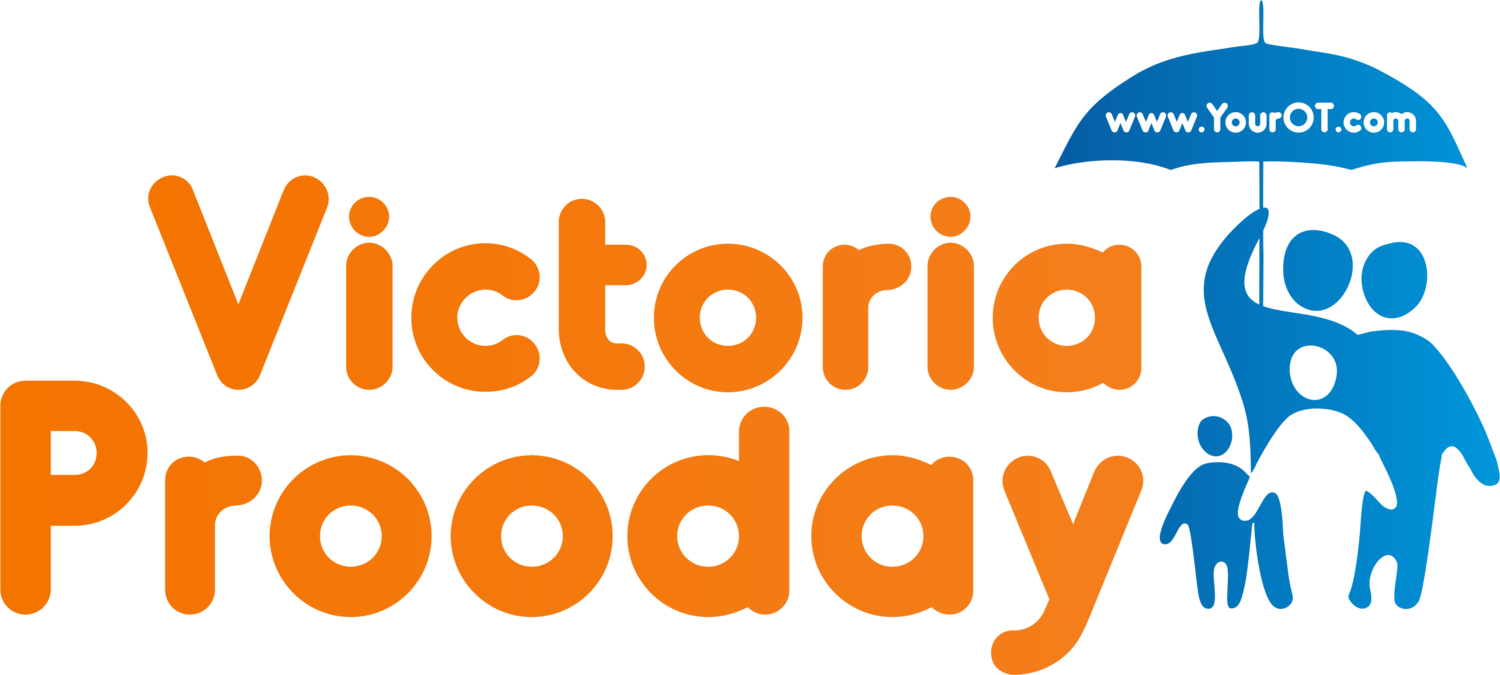10 Most Common Parental Misconceptions
As an Occupational Therapist working with children and parents for over ten years, I have observed my fair share of various parental misconceptions. Parental misconceptions have the potential to misguide parents on their parenting journey and, consequently, have a negative impact on a child’s future. As brain science advances, we need to revisit our beliefs and revise our parenting practices accordingly.
1. “My daughter/son was born like that.”
Sure, we all are born different. We can’t change the way a child was born, but through the environment that we create for our kids, we can enhance their strengths or worsen their weaknesses. The overuse of technology, limited outdoor time and physical movement, and lack of parental availability are the daily realities of today’s children. These lifestyle factors are powerful enough not only to worsen kids’ pre-existing challenges, but also to create problems among children with no significant pre-existing issues.
2. “There is nothing I can do about my child’s behavior.”
I have never met a child to whom the statement “there is nothing I can do” applied. There is always A LOT we, as parents, can do. The brain of a child is a trainable “muscle” that has the capacity to change and rewire itself with the right brain training. The same way a child learns a negative behaviour, he/she can unlearn it and learn a new, positive one. Read more..
3. “He will outgrow it.”
If every child were able to outgrow his/her challenges, we wouldn’t have waiting lists in mental health clinics. Issues change their face with time, which is why the earlier parents recognize and work on the child’s issues, the lesser the chances are that his/her challenges will become a detriment or a limitation later on in their lives.
4. “Educational computer games and TV programs are good for my child.”
Nothing can replace human interaction, playing live games, spending time in nature, and involving children in household chores. The harm of exposing children early to technology outweighs its benefits. Today, we know that the key to success in life is emotional intelligence. While playing on computers and watching TV as their primary free time activity, kids don’t have the opportunity to develop and use their social skills. The recommended entertainment technology time is: children 0-2 years – NONE, children 3-5 years - 1 hour/day; 6-12 years – 2 hours/day.
5. “The school/teacher is the problem. My child has no issues at home.”
Typically, children don’t have the same issues at home that they have at school. Why? At home, for the most part, children do whatever they want, whenever they want. At school, there are rules and structure and, oftentimes, this is when issues occur. Listen to your child’s teacher’s feedback and consider that there may be issues that you are overlooking. Read more
6. “My child has so much energy. I signed him/her up for many extracurricular activities.”
Typically, restlessness in children is a sign of overstimulation of the brain. Therefore, children who are restless don’t need more activities; what they actually need is more calmness such as spending time outdoors, calm baths, quality time to spend and connect with parents, and limited access to technology.
7. “My son is picky with his clothes, food, etc. I buy him only what he likes.”
Pickiness is an indication that your child’s nervous system is overly sensitive. Avoiding things that your child doesn’t like is a bandage solution. The real solution is gradually exposing your child to the “stressor” and to a wider environmental variety.
8. “My 4-year old is not ready to go to bed until 10pm. She doesn’t need much sleep.”
Oftentimes, children who have a hard time falling asleep are the same kids who need sleep the most. Typically, the nervous system of these children is overly aroused and it is likely that by 10pm, you have already missed the critical window of opportunity for the appropriate bedtime. Try to eliminate technology after school, play soothing music, give your child a calming bath, and gradually adjust their bedtime earlier every night until you reach an 8pm target.
9.“My child needs to be kept busy. The more activities she has, the better she behaves.”
Overbooking kids’ life is another bandage solution that does not address the core issue. When kids are in structured programs, their behaviour is being controlled by others. A teacher engages them and guides them on what to do, how to do it, and when to do things. The ability to self regulate and keep oneself busy when there is NO structure is an essential stepping stone for the child’s future success and happiness. By depriving our children of unstructured time, they may be missing a critical opportunity to learn to self-regulate, keep themselves busy with healthy activities, and develop their creativity.
10. “My son/daughter is just like me.”
Yes, our children carry our genes, but don’t we want our children to be a better version of ourselves, have less personal challenges, and less overall baggage? If you notice that your child has issues similar to yours, address the issues. The brain is trainable and retrainable!
The brain has the capacity to change itself with the right environmental stimulation and training. The earlier parents recognize and address their child’s challenges, the greater the chances are that a child’s challenges won’t become an obstacle in his/her life path.
To book a consultation to build an individualized home based brain training program for your child, email info@yourOT.com . The brain training program created by Victoria Prooday, Occupational therapist, helps children improve their attention, organizational skills, independence, behaviour, social skills, academic performance, and confidence.
© 2018 Victoria Prooday | Copyright Notice: Please Contact Author for Permission to Republish












